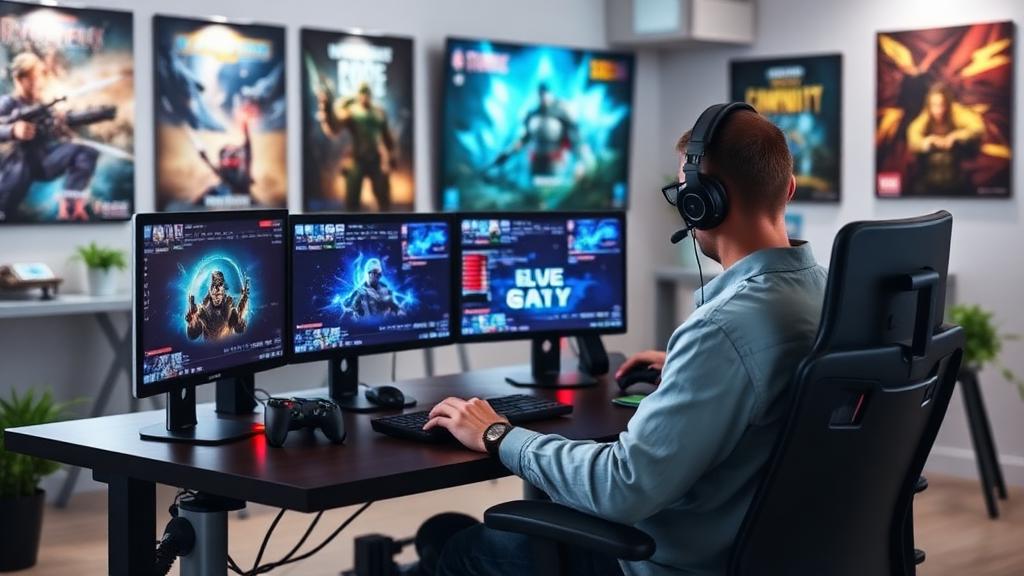Why Multiplayer Games Connect People

In a world where physical distance often separates us, multiplayer games emerge as vibrant bridges—bringing people together through shared experiences, collaboration, and friendly rivalry. Whether across continents or in the same living room, these games forge meaningful connections. In this blog post, we’ll explore why multiplayer games connect people—and how you can harness that power for community building or just more enjoyable play.
Shared Goals Create Instant Bonds
One of the strongest unifiers in multiplayer games is a shared objective. Whether you’re teaming up to defeat a boss, coordinate a strategy in a battle royale match, or complete a mission in a co-op adventure, working toward a common goal fosters trust and unity. As players rely on one another, friendships form organically.
Communication & Collaboration Strengthen Ties
Multiplayer gaming often demands communication—whether via voice chat, text, or nonverbal cues. These interactions help players negotiate strategy, adapt to changing game dynamics, and support each other through challenges. Over time, these shared dialogues build rapport.
Research shows that online gaming can improve social connectedness, helping players develop stronger communication skills and forming virtual bonds.
Virtual Communities & Identity Expression
Many multiplayer games are backed by communities—guilds, clans, teams, online forums, fan pages. These spaces nurture friendships outside of the game context and allow for shared culture (memes, inside jokes, events). Players also craft avatars or personas to express parts of their identity, leading to deeper emotional connection.
When you belong to a guild or clan, you’re not just a number—you’re part of something. That sense of belonging reduces isolation and gives players a social anchor.
Emotional Moments & Shared Memories
Victory celebrations, narrow escapes, epic comebacks, or crushing defeats—they all create emotional highs and lows. Sharing those with a teammate or a group strengthens bonds. Players reminisce: “remember that time we turned the match around?” These narratives build shared history.
Generosity & Reciprocity in Virtual Worlds
Interestingly, generosity in multiplayer environments is contagious. One player’s supportive act—like reviving a teammate or sharing resources—can ripple outward, inspiring more friendly behaviors. This mutual encouragement reinforces trust and communal feeling.
Overcoming Real-World Barriers
In real life, people are limited by geography, time, or physical mobility. Multiplayer games dissolve those constraints. You can connect with someone halfway around the world just as easily as someone next door. This inclusive aspect is especially powerful for folks who might feel isolated or have fewer local social opportunities.
Healthy Competition & Respect
Competing with others—when done respectfully—can deepen mutual admiration. You see someone’s skill, their habits, their style. Over time, competition can breed friendships and respect. As long as the environment is moderated and toxicity is managed, competition can be a great social glue.
Final Thoughts
Multiplayer games aren’t just entertainment—they’re social ecosystems. They bring together diverse individuals, spark meaningful relationships, and provide safe spaces for identity, communication, and camaraderie. In a digital age, they remind us that connection can thrive even beyond physical walls.
If you’re building a gaming community, starting a blog, or just curious about the social power of games, knowing why multiplayer games connect people can guide you to deeper, more meaningful experiences.
